Author: Lynda Benigno
We are all operating under a system. It's a game we were born into, and we are expected to play the game whether we want to or not. Our conditioning demands it. The most asked question a child will hear is "what do you want to be when you grow up?". At that point, they are already players in the game. They are reaching for a destination, one that seemingly has an endpoint but in reality, will follow them the rest of their lives.
Each day we are inundated with the message of needing more and reaching for the stars. We use words such as "grind" to describe the relentless pursuit of financial goals and acquisition of material goods. Through email, mailbox, social media, billboards and television, we are swamped in advertisements and little reminders that enough is never enough. Photos and videos on social media, especially those of celebrities carry the message that if you work hard enough, long enough and really want it, you too can be just like them. This is not to say goals, financial or otherwise are detrimental. Goals are a healthy practice, but when your goals consume your life to the point that you experience excess stress, sleep deprivation, little time for family, friends, and most importantly yourself, it becomes problematic.
Stress and anxiety are prevalent in our society. Anxiety affects 40 million adults each year and is the most prevalent mental illness in the United States. It's not just adults who are affected. Anxiety is common among children aged 6-13 and very common among 14-18-year-olds. Only 36% of adults get treated for their anxiety. Access to affordable healthcare as well as stigmatism contributes to such a low number. The expectation of success at any cost, the fallacy that doing always leads to positive results, fear of failure or disappointing others, keeping up with the Joneses and the idea that happiness is elusive but found in acquired goods or others definition of success undoubtedly affects our mental health. If we were honest, we would admit its exhausting.
As a society, we attach tremendous value on things and status. We look for the next big thing, rarely taking a moment to acknowledge the little victories we achieve each day. For some just getting out of bed is a victory. We stop thinking about what we truly want out of our lives and find ourselves living up to everyone elses expectations and standards. We cease being individuals; rarely taking the time to stop and look inward to see that the destination is where we are now. Sure, there are things you want to do and more achievements to be had, but right now you are allowed to be happy with where you are. A goal, when executed with balance, should be celebrated. I only wish more would remember it's the relationships we form, the time given to a friend, space where we allow ourselves to exist as we are, the souls we touch with kind words and encouragement, the love we have to give, that will weave the fabric of success. Know thyself and live for love, at the end of the day it's all we truly have. It is the ultimate destination.
The opinions expressed in this article are of the author and not intended to diagnose, treat or cure any mental or physical condition. If you are struggling, please contact your healthcare provider, the National Suicide Prevention Hotline at 1-800-273-8255 or the Stepping Stone Community Services at 330-577-6656.




